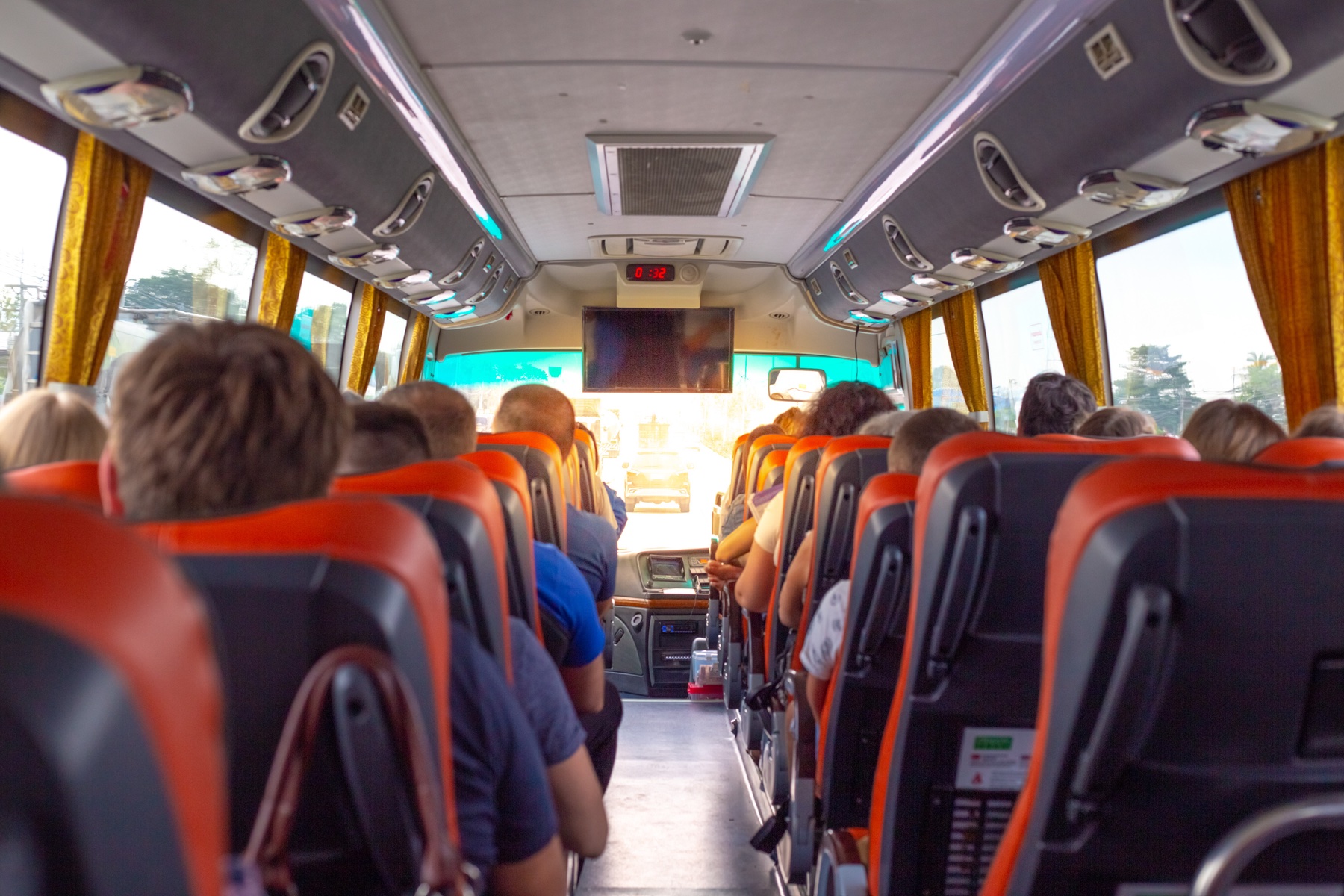Singapore-based venture capital firm Wilson & Hughes on Tuesday said it is bringing back tour operator brand Cox & Kings in India, which it had acquired earlier this year through insolvency proceedings for an undisclosed amount.
This acquisition of the 260-year-old-Cox & Kings brand name marks a fresh start for the brand that has in the past struggled with financial liabilities. Wilson & Hughes, known for its experience in finance, hospitality, and fast-moving consumer goods sectors, now owns the Cox & Kings brand in India, along with its over 200 associated sub-brands like “Duniya Dekho,” “Luxury Escapades,” and “Bhakti Yatra.”
However, the acquisition made through Wilson & Hughes’ Indian subsidiary is distinct from the erstwhile Cox & Kings company in India, which remains under liquidation the Singapore investment firm said. “Wilson & Hughes has no involvement with this previous entity or its unresolved obligations,” it said, adding it has no ties to former management.
To confuse matters further, this new entity operates separately from Cox & Kings UK, which did not enter administration. Abercrombie & Kent acquired the UK operation in 2019.
Revival and Redefinition
Through this acquisition, Wilson & Hughes said it is not just aiming for a revival of the travel brand, but looking to redefine what travel can be in a tech-driven era. “The focus is on integrating advanced technology — AI, machine learning, and data analytics — to offer travellers tailor-made journeys that anticipate their needs and elevate the traditional travel experience,” it said in a release.
The revamped Cox & Kings will also focus on four main areas — leisure travel, business travel, specialized travel, and travel technology. “This acquisition, free of any prior liabilities, marks the beginning of a customer-centric transformation in the travel industry,” Wilson & Hughes said.
Founded in the mid-18th century to serve British troops during colonial India, Cox & Kings evolved from a logistical enterprise to a leading travel brand. By 2018, Cox & Kings had offices in 27 countries, offering services like education tours, foreign exchange, as well as event management. However, this rapid growth and aggressive acquisitions ultimately became a double-edged sword for the travel company.
Any of the outstanding legal or financial obligations are solely tied to the former Cox & Kings Ltd, which remains under separate management and liquidation, it added.
Financial Missteps and Mounting Debt
A series of risky financial decisions and opaque practices often trace back to Cox & Kings’ downfall. Earlier reports have often cited that the brand’s ambitious acquisition of the British educational tour group Holidaybreak in 2011 burdened it with significant debt.
Skift had earlier described the company’s 2011 acquisition as “the biggest overseas acquisition by an Indian travel company, one that sent its share price south at the time.”
Some other acquisitions included the East India Travel Company U.S. in 2010 for $22 million, and Laterooms Group UK in 2015 for almost $10.5 million. The purchases were funded by debt and were said to be at a premium.
According to its 2018 fiscal report, Cox & Kings had an enterprise value of $1.2 billion, a total transaction value of $2.3 billion with offices spread over 27 countries.
In 2019, the company started defaulting on loans, leading to bankruptcy by 2020. Investigations have since revealed alleged financial irregularities, with debts exceeding INR 55 billion ($651 million). In 2021, Mumbai National Company Law Tribunal ordered its liquidation.
About the New Owners
The Cox & Kings acquisition also marks the investment firm’s first foray into travel, as it aims to revitalize the brand’s image by merging tradition with advanced technology.
The investment firm in its website has said it invests in companies that “make travel special.” “We back those using new tech to give people amazing trips. Our goal: Help create unforgettable journeys that connect people with places in new ways.”
“The travel industry is evolving rapidly, and we recognize the opportunity to redefine global travel experiences,” said Karan Agarwal, director of Wilson & Hughes. “Our goal is to merge the best of tradition with forward-thinking technology. By leveraging advanced technology, AI, and data-driven insights, we’re shaping a seamless, personalised journey that aligns with the expectations of today’s travellers.”
The timing of the relaunch is crucial as global tourism has been recovering and evolving rapidly post-pandemic. Reports suggest that India’s travel industry alone is projected to reach $125 billion by 2027.
Subscribe to Skift Pro to get unlimited access to stories like these
{{monthly_count}} of {{monthly_limit}} Free Stories Read
Subscribe NowAlready a member? Sign in here
Subscribe to Skift Pro to get unlimited access to stories like these
Your story count resets on {{monthly_reset}}
Already a member? Sign in here
Subscribe to Skift Pro to get unlimited access to stories like these
Already a member? Sign in here
